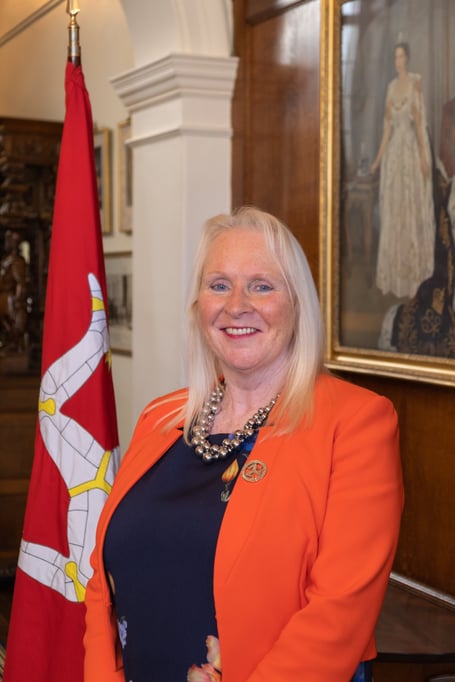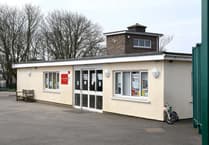The number of work experience placements have declined since the pandemic due to a change in employment practices.
That is from the education minister, Julie Edge, who told Tynwald members that not all year 10 and 11 students (aged 14 to 16) were able to get placed for work experience this year.
After being asked on the matter by former teacher, and arbory, Castletown and Malew MHK Jason Moorhouse, Ms Edge said: ‘In 2021, post-pandemic, an informal consultation with employers already engaged in the work experience programme highlighted that the employment landscape had changed significantly. These employers, whilst wanting to support work based experiences, were unable to offer the quantity of placements as they had pre-pandemic.
‘Changes to business structure, altered work patterns, remote and hybrid working have significantly reduced the number of appropriate placements employers are able to offer to year 10 or 11 students, meaning it is not possible to offer work experience to all students in either year group.
‘This reduction in placement offers, alongside the challenges faced across the education system at this time, prompted a review into the programme.
‘Since 2022, the department have been working proactively with employers forming relationships that allow the needs of students to be balanced with a realistic offer of safe, well planned and enriching work experience.
‘Further communications with employers more recently have highlighted the effects of the cost of living crisis, which has also impacted the ability to support learners in a workplace environment and employers have expressed a preference for supporting learners in a more structured career focused manner.’
She added: ‘For the last 18 months, the department has been working with the employers to facilitate placements based on student need, and several pilot programmes have been carried out, including a focus on students who require additional support, or those who are expected to leave education and take up employment at the end of year 11 Or at the end of year 13.’
Ms Edge said that whilst there is a lot of interest from employers, many are not able to provide the traditional one week work experience to younger students. She added that for those students who do not have work experience, there has been additional employability support available, such as career talks, employer sessions, skills focused learning and supplementary careers guidance.
The year 10 work experience programme has traditionally comprised both department sourced, and self-placed work experience.
Whilst Ms Edge said that the department was being proactive in building relationships and finding placements, she said it may be time to look at a different careers pathway model.
She said: ‘With the change in landscape within education and the workplace, perhaps it is time to rework the work experience model and ensure that we look more at bespoke pathways and opportunities for all our students.’



.jpeg?width=209&height=140&crop=209:145,smart&quality=75)

Comments
This article has no comments yet. Be the first to leave a comment.